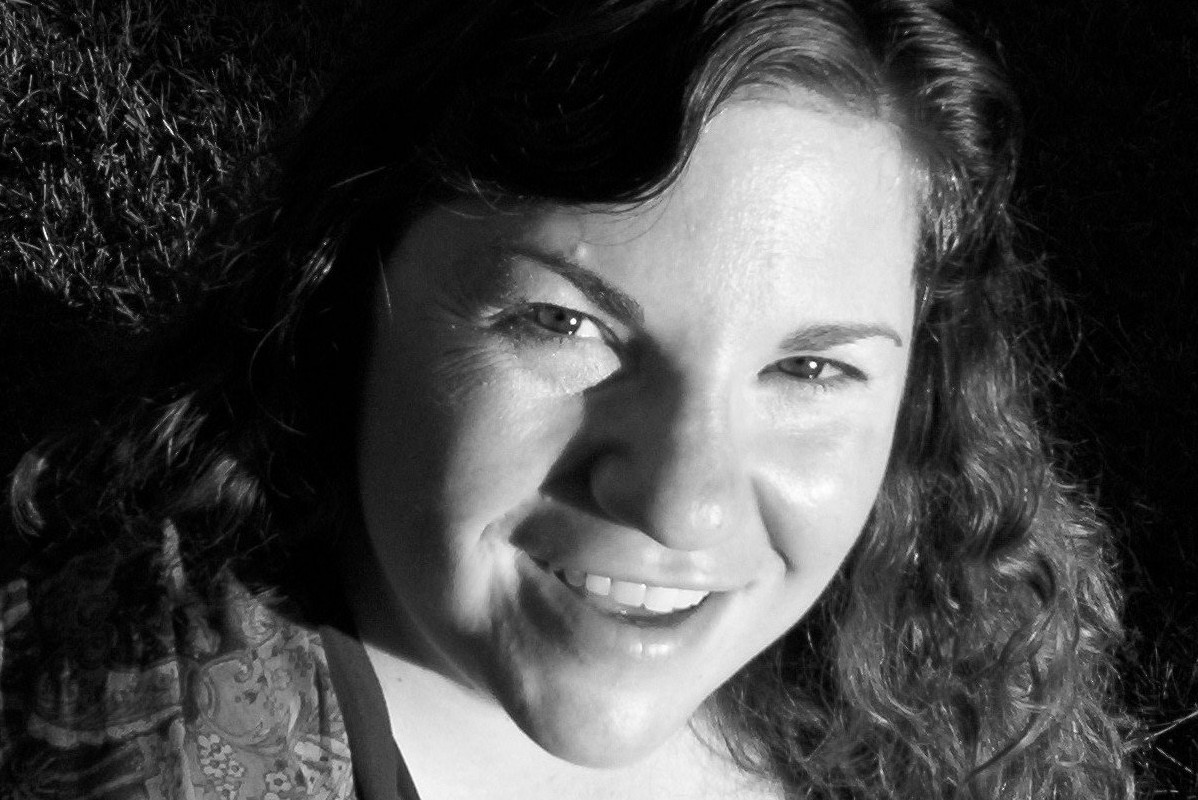 Facing fear while in the process of creating literary work is nothing new. However, confronting that fear with absolute honesty and moving past it is not easy. Artists and writers often act as catalysts for an ever changing society. They may even have an encouraging effect on their readers since they often give a voice to those who are still facing discrimination every day.
Facing fear while in the process of creating literary work is nothing new. However, confronting that fear with absolute honesty and moving past it is not easy. Artists and writers often act as catalysts for an ever changing society. They may even have an encouraging effect on their readers since they often give a voice to those who are still facing discrimination every day.
Many people ask me if I am afraid of the public’s reaction to my writing, being an “out” lesbian, a mother, an Arab-American, a published author and online blogger. The truth is … I am affected by fear. In order to create compelling work that touches others I find that I must confront fear and continually find ways to move past it. I have to believe that I am “me” for a reason and that my path brings something of value to the world.
But being “out” and speaking out, for many people of color, means they incur great risk. In the book Allah, Liberty and Love, Irshad Manji discusses death threats that she had received while working to educate the community and transform the Islamic faith. Speaking directly to her readers she says, “Can you imagine your mother developing any measure of calm when you insist that cowering in fear only hands the enemies of humanity more power than they already have? Lesson one: Some things are more important than fear.” Manji is one of my greatest role models and her books are a testament to the meaning of moral courage as they stand firm in the face of conflict serving as a voice for many LGBT Muslims and others in the community.
Writers of color often confront this fear in a deeply meaningful and straight forward way. For example, author Chrytos wrote an essay entitled “Political Arts, Subversive Arts” in the book Making Face Making Soul. She writes, “Then I might begin to find the root…writing is mostly discarding fear isn’t it? Trusting that one’s private voice can give voice for others.” Having the courage or the willingness to write despite the fear may just be the turning point that allows a writer’s work to educate the community and encourage others to speak out.
Being open and honest about myself has proven to be essential to creating my best literary work and most provocative blog posts, and it may also be the key to creating positive change in my communities. In an interview with National Public Radio in 2013, internationally acclaimed author Manil Suri was asked about how he prepares to write a character like Jaz (the character is a gay male and Muslim) and whether he worries about backlash. Suri replied, “I sort of think — and this is something that is true of all novelists, hopefully — that writers have to be somewhat fearless.”
Reading the work of other writers as they face their fear has inspired me not only with my writing but with everyday life. As a lesbian woman who is “out”, life can be hard some days to navigate especially within complex social systems like the workplace, taking my son to his friends’ birthday party, or facing others in the Arab-American community. But for me, it is in the confrontation of the feared that inspiration and courage is born. It seems that this process is not only vital for writers but is also important for all of us as a community. If I, personally, want to create a safer community and inspire others to live openly, then I will have to be fearless…over and over again.

